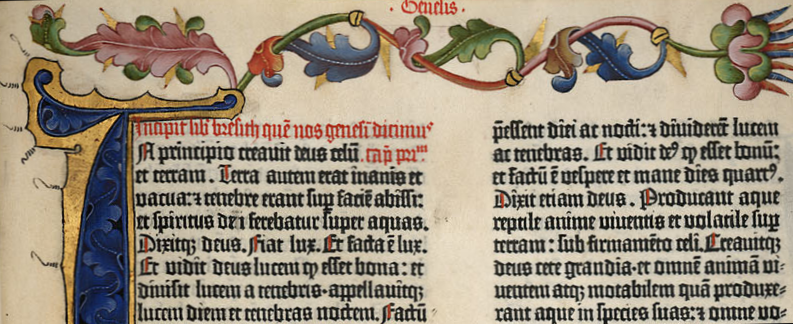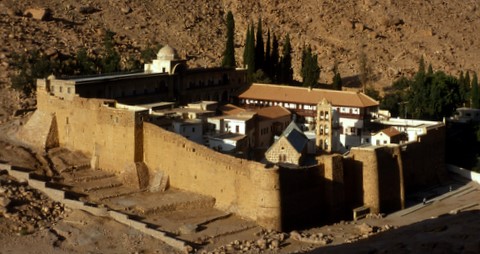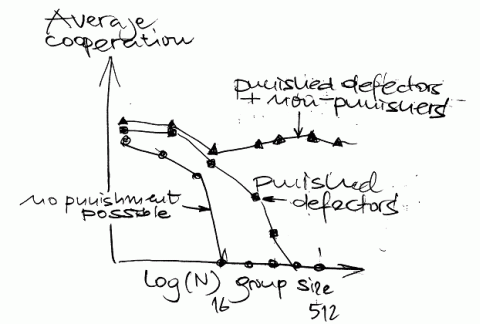There is a never ending stream of popular press articles in Germany about creation versus evolution (ZEIT Wissen 1/2006:58 reports that 50,4% of all German believe in creation). Much of the controversy between ID-activists and evolutionary anthropogists is about timescales. Why can creationist not accept that
Ps 90:4 For a thousand years in your sight are like a day that has just gone by, or like a watch in the night.
Anthropogists may find a new review on coalescence methods interesting that finds
If the importance-sampling distribution is well chosen, the algorithm will perform well, otherwise, it will perform poorly. Unfortunately, unless we have a good idea of the correct answer from some alternative source, it is not obvious whether the algorithm is working well. Once again there is significant scope for intuition when choosing the importance-sampling distribution. The method is as much art as science. [sic!]
or another review:
… new results contradict early but still influential conclusions that were based on analyses of gene trees from mitochondrial DNA and Y-chromosome sequences
where the search for the most recent common ancestor by haploid marker is expected to result in shallower times. A recent letter in Nature on “Dogma, not faith, is the barrier to scientific enquiry” offers a nice compromise, that can be read twice:
In a famous article, “Nothing in biology makes sense except in the light of evolution” (Am. Biol. Teach. 35, 125–129; 1973), Dobzhansky described his religious beliefs: “It is wrong to hold creation and evolution as mutually exclusive alternatives. I am a creationist and an evolutionist. Evolution is God’s, or Nature’s, method of Creation.”
In contrast to modern creationists, Dobzhansky accepted macroevolution and the documented age of Earth. He argued that “the Creator has created the living world not by caprice (supernatural fiat) but by evolution propelled by natural selection”.
He collaborated for many years with Ernst Mayr, who, when asked about his religious views, replied: “I am an atheist. There is nothing that supports the idea of a personal God. On the other hand, famous evolutionists such as Dobzhansky were firm believers in a personal God. He would work as a scientist all week and then on Sunday get down on his knees and pray to God” (Skeptic 8, 76–82; 2000).
Yea, yea.



